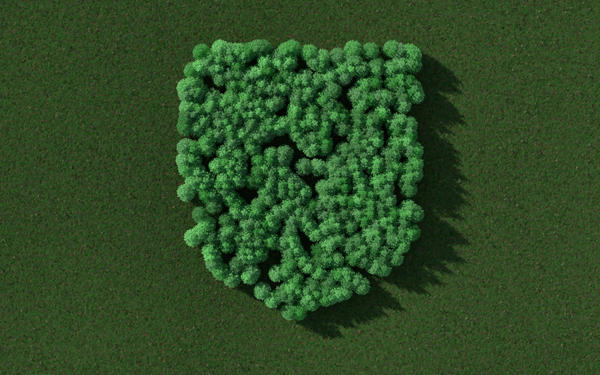Climate crisis lexicon and learning
As the world looks to the UN Climate Change Conference of the Parties, discover climate related new words and teaching tips from our English Language learning team.

As humanity continues to learn more about the effects of climate change, witness its impacts, and as we have more discussions around tackling it and continue to take action, the language we use to describe it is also evolving.
Alongside this increased awareness is the desire from learners to find out more about climate change, humanity’s impact on the environment and potential solutions.
Our role as a leader in global education and research is to inform and progress action and debate around the world’s most pressing challenges, including the environment and climate change.
New words
From governments and businesses to young learners in classrooms around the world; most of us are familiar with the term ‘climate change’ and what it means. With growing awareness of the climate crisis, new words related to environmental issues are coming into use and becoming everyday language.
Over the past few years, we have added new climate-related words to our Cambridge Dictionary such as ‘cyrosphere’, ‘plastic footprint’, ‘climate denier’ and ‘zero-waste’.
cyrosphere noun
parts of the earth's surface where water exists as ice
plastic footprint noun
a measurement of the amount of plastic that someone uses and then throws away, considered in relation to the damage this causes to the environment
climate denier noun
a person who does not accept that climate change is happening, or does not accept that it is caused by human activity such as burning fossil fuels
zero-waste noun
a situation in which no waste material is produced
More recently, editors of our Cambridge Dictionary New Words blog have found even more new words emerging, such as ‘heat day’, which reveal through language the effects of climate change. And other words, such as ‘climate repair’ and ‘eco score’, which demonstrate some of the momentum behind tackling the impact of climate change and reducing impact on the environment.
heat day noun
a day when children do not have to go to school, and sometimes adults do not have to go to work, because the weather is too hot
climate repair noun
the act of reversing the effects of climate change
eco score noun
information given on the packaging of food products, usually in the form of a letter and a number, that shows the impact the food has had on the environment
Teaching climate change
During COP26 our team will be sharing a series of articles on the topic on World of Better Learning blog and elsehwere. These cover climate change vocabulary and grammar, critical thinking and teaching climate change topics.
Change, catastrophe or crisis: does climate language really matter? Our head of language research explores evidence from the Cambridge English Corpus – a multi-billion word collection of language from a wide range of sources - that allows us to see a change in tone of the language we use when talking about the environment.
COP26 and climate change education Our OCR geography subject advisor explains the aims of COP and presents some ideas and resources to use and share with students.
3 activities for teaching about climate change Encouraging English language learners to think about positive change and potential solutions can help to ensure that they don’t end up feeling disheartened and overwhelmed.
Climate change: which words should we teach our learners? What is the most important vocabulary in relation to climate change?
Preparing our learners for present and future challenges: A focus on climate change We can bring ideas from COP26 and wider issues to focus on climate change in our English language teaching classrooms.
Climate change in the English language classroom English language teachers can use climate change as a topic alongside 21st century learning skills.
How to teach climate change online Teaching and learning about climate change can be facilitated online to develop learners’ social responsibility and vocabulary learning, as well as their digital literacies.
Within education and curricula, we advocate for the inclusion of environment and climate topics. In the UK, the exam board OCR has worked closely with Naturalist and broadcaster Mary Colwell to put forward a proposal for a new GCSE in Natural History. On Tuesday 19 October 2021, the proposal was a key part of Westminster Education Forum's 'Greening the Curriculum' conference. Joining experts from across the education sector and from environmental organisations, the conference was an opportunity to discuss incorporating the environment and sustainability into education.
For higher education learners, and general interest readers, our range of academic books and journals will be of interest. With our authors at the forefront of climate science, our publishing ranges from scientific research to general books from some of the world’s highest-profile climate activists. Find out more about our climate science publishing.
